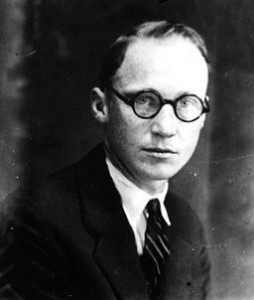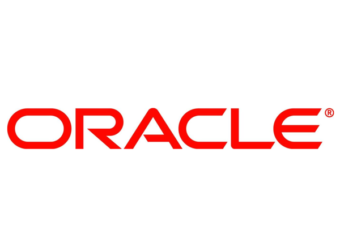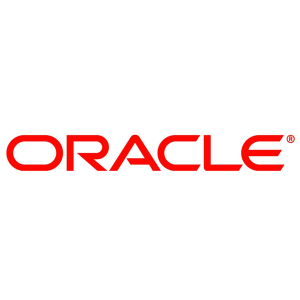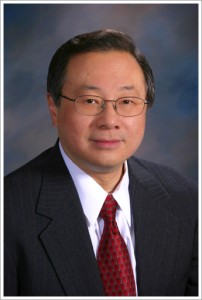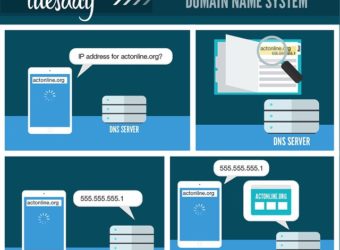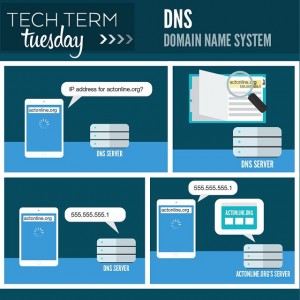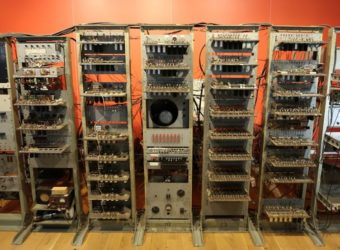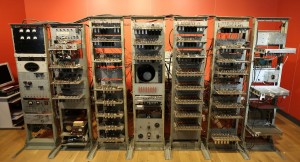December 4, 1985: Cray X-MP/48 Supercomputer
Subscribe! Spotify | RSS | More
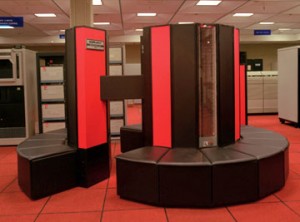
1985 – The Cray X-mp/48 Supercomputer begins operation in San Diego Supercomputer Center in California. The $15 million dollar supercomputer could process 400 megaflops (200 per processor). It was a shared-memory parallel vector processor and supported 2 or 4 million 64-bit words of main memory in 16 or 32 banks.
The first Cray didn’t get installed until October 1986.
Cray X-MP/48 replaced the Cray-1. It was succeeded by the Cray Y-MP8/864 in 1990.
Movies such as “the Last Starfighter” were rendered using the Cray Supercomputer.
This Day in Tech History podcast show notes for December 4
Subscribe to Day In Tech History:
RSS Feed - iTunes - Android - Spotify - iHeartRadio
Facebook -
- RSS Bandwidth by Cachefly Get a 14 Day Trial
- Join me on Patreon and support Day in Tech History
- OS/2 Standard 1.0 ships
- The EV1 – GM‘s General Market Electric car
- WordPress 2.7 is released
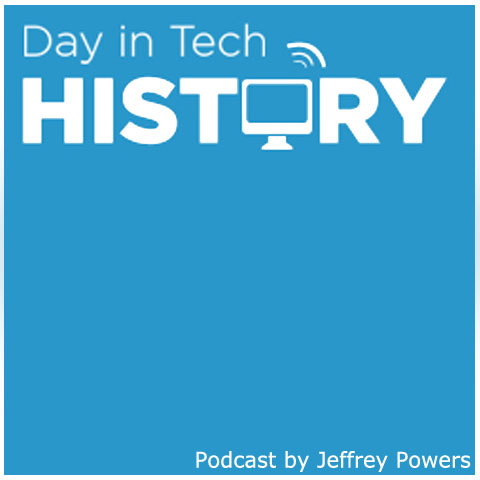
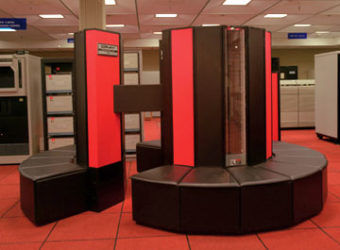


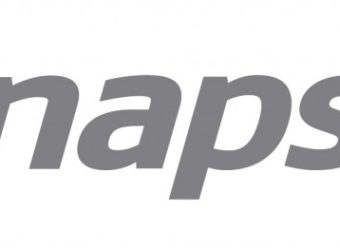

![Athlon[1] AMD Athlon](https://dayintechhistory.com/wp-content/uploads/2013/08/Athlon1-340x250.jpg)
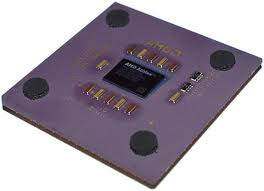
![John-Scopes[1] John Scopes](https://dayintechhistory.com/wp-content/uploads/2013/07/John-Scopes1-340x250.jpg)
